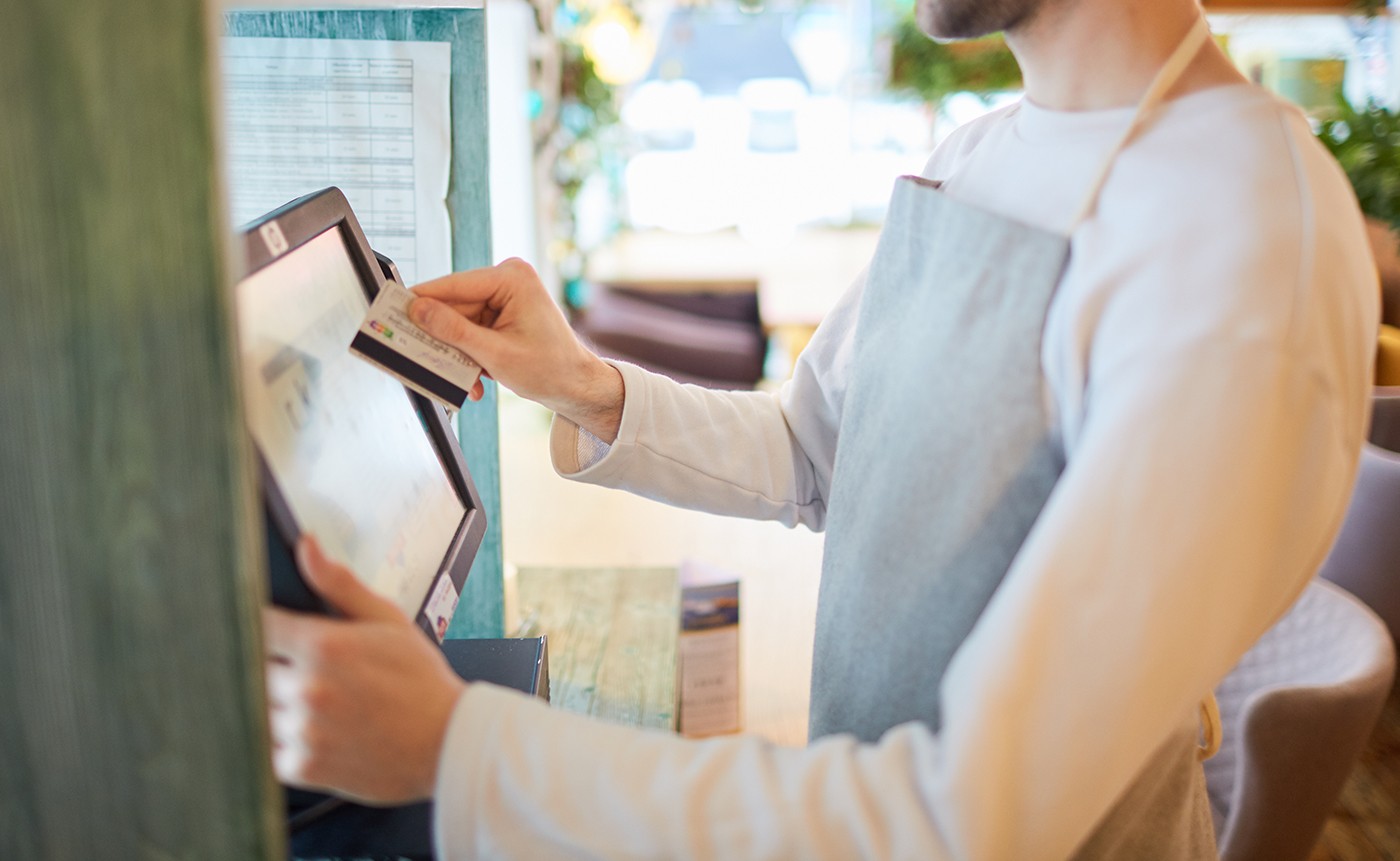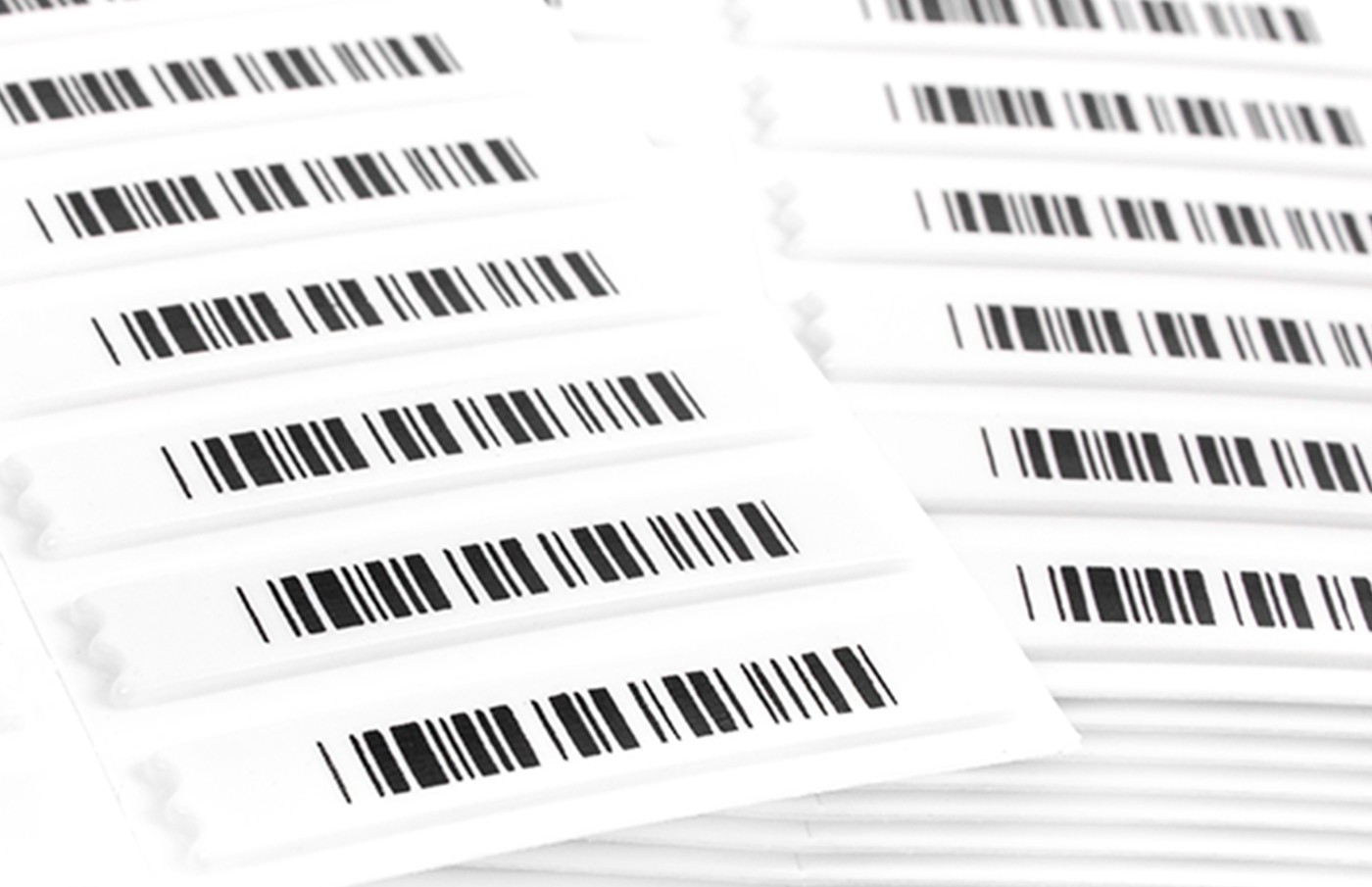
When to choose EAS security labels
Security tags and labels offer a host of benefits in the fight against shoplifting and theft.
As part of the loss prevention strategy that is Electronic Article Surveillance, tags and labels are employed by 80.9 per cent of US retailers resulting in an estimated 60-80 per cent decrease in external theft.
But how do you know which option is right for you? When is a tag required to safeguard a product and when is an adhesive security label enough?
The difference
Both EAS tags and EAS security labels work on the same premise; a receiver is housed within the tag or label and it remains in communication with an antenna at the entrance to a store.
When that tag or label comes into proximity of that antenna (usually within a distance of about 3-feet) it causes an alarm to sound, alerting retail staff a theft is taking place.
While tags are visually obvious, labels tend to be more discreet and they also lend themselves to a range of different products including high-volume goods.
That’s partly because labels are deactivated very differently to tags, which are detached. When a label passes over a deactivator located at the Point of Sale, the transmitter circuit is broken and the item no longer sounds an alarm.
Meanwhile, labels are highly affordable and single-use only, while tags are reused.
Here’s a quick retail guide on when to choose security labels…
When the product is high-volume
As labels are deactivated rather than detached, they are ideally suited to high-volume items such a non-perishable groceries or packaged produce like meat.
The label ensures the product remains protected but it can be deactivated as part of the scanning process at the checkout.
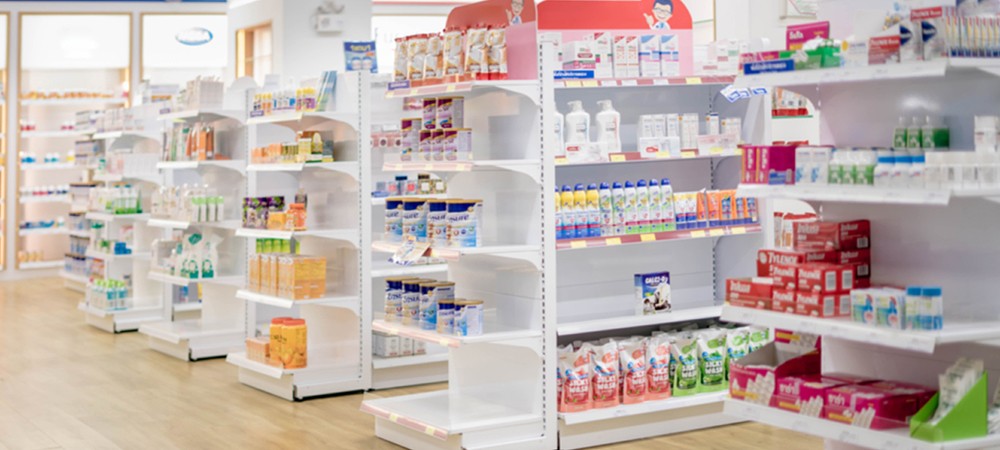
When the products is low-value but prone to theft
As labels are deactivated rather than detached, they are ideally suited to high-volume items such a non-perishable groceries or packaged produce like meat.
The label ensures the product remains protected but it can be deactivated as part of the scanning process at the checkout.
When the product isn’t suited to a tag
Security tags come in a range of shapes and sizes and also feature different ways that they can be affixed to a product. For example, there are tags suited specifically to liquor bottles and tags designed for high-value eyewear, while cables and lanyards also enable tags to be affixed to merchandise like handbags and shoes.
However, sometimes it just isn’t feasible to employ tags or the shape and packaging of the product doesn’t allow for it.
This is where labels come into play. Used to protect items like games, electronic accessories, perfumes, books and CDs, labels provide streamlined, discreet protection.
Importantly, labels can also be affixed at the point of manufacture, or secreted within the product or its packaging, which helps eliminate the chance of removal.
Things to consider
Security labels are available to suit either RF or AM electronic article surveillance systems, but there are slight differences in the shape and profile of the labels used for each system, along with the types of products they suit best.
RF labels
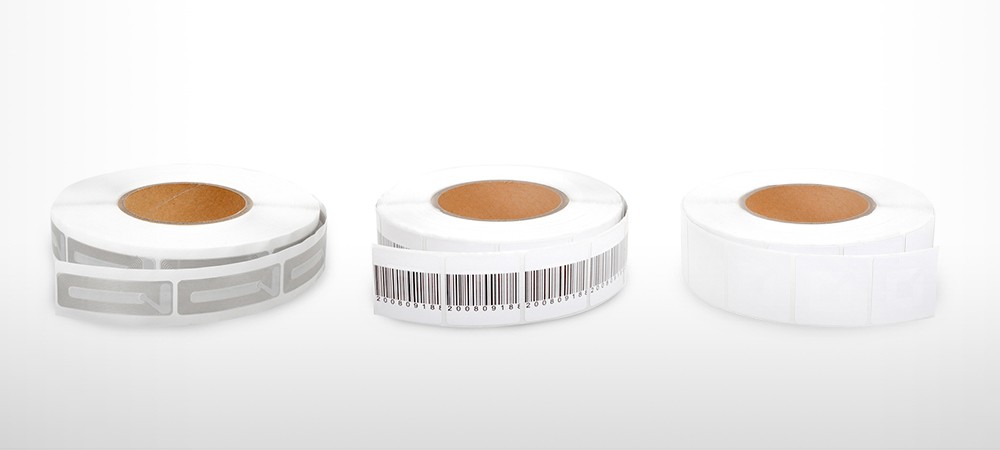
RF labels are flat and are even available as a paper label that can be printed on.
Supermarkets, discount stores, and video stores often favour RF systems, but caution should be applied when using for RF labels with metallic or foil products or packaging due to tag detuning and reduced detection.
RF labels are commonly found in:
- Grocery stores
- Video stores
- Book stores
- Discount stores
Security labels are available to suit either RF or AM electronic article surveillance systems, but there are slight differences in the shape and profile of the labels used for each system, along with the types of products they suit best.
AM labels
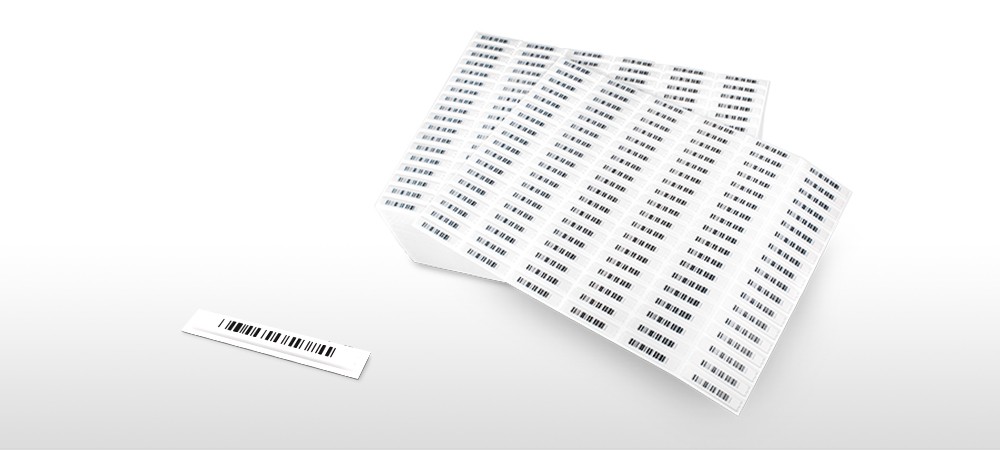
AM labels offer a slightly raised profile, but the technology provides major benefits when it comes to protecting metallic goods.
AM labels are well-suited to the protection of merchandise with a high metal/foil content such as consumer electronics, cosmetics, hardware and pharmaceuticals.
AM labels are commonly found in:
- Drug stores
- Cosmetic stores
- Electronics retailers
- Hardware outlets
You can learn more about security labels here, or head straight to our security labels product page where you can place your order directly.


